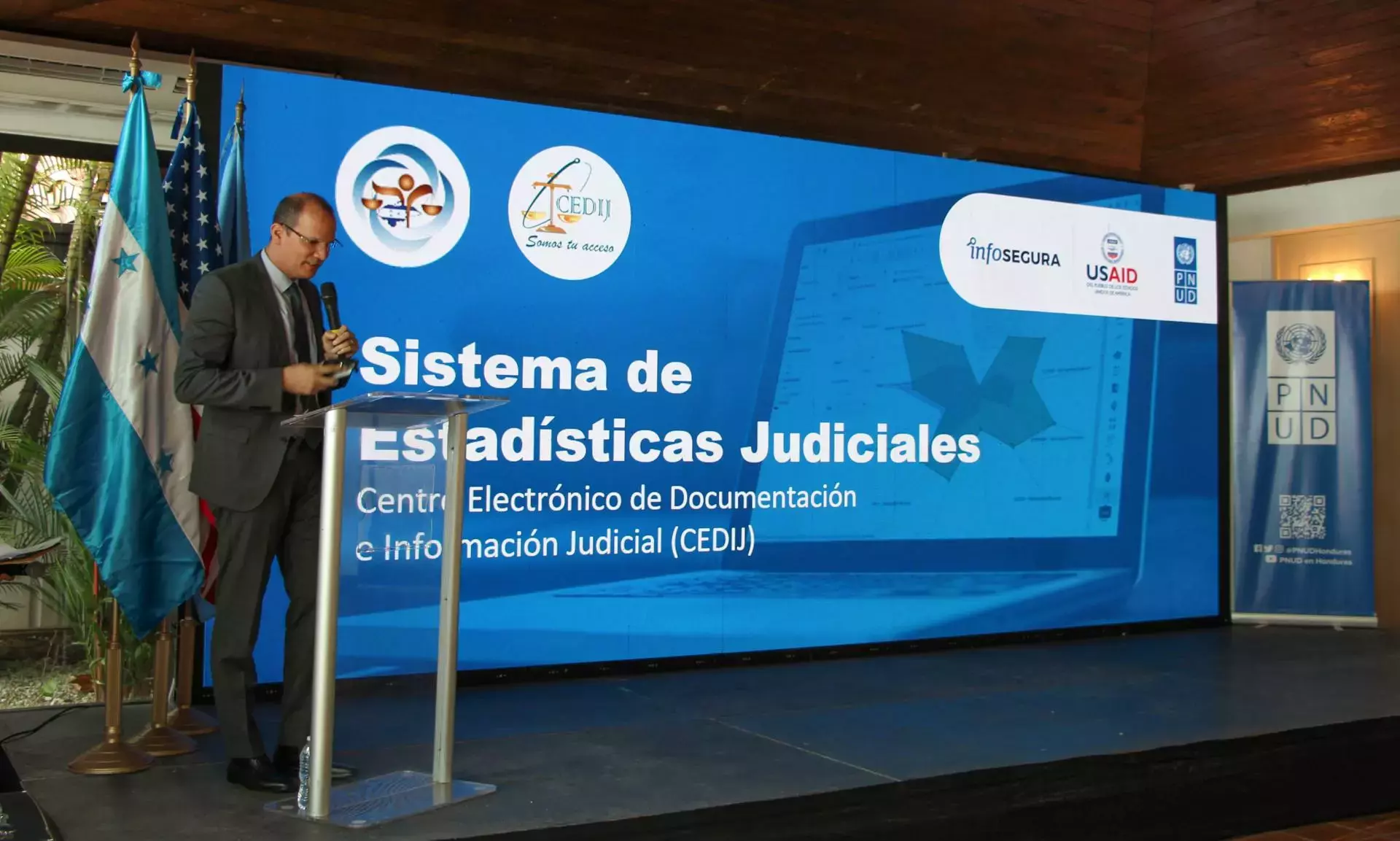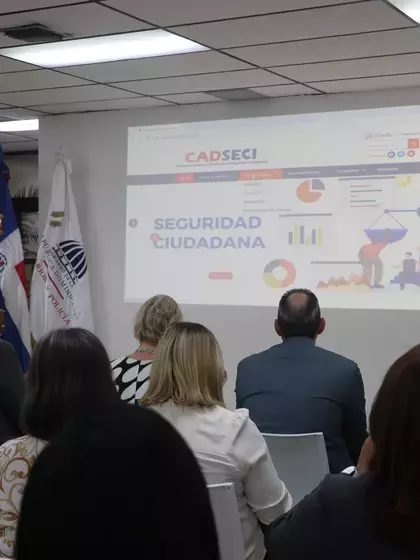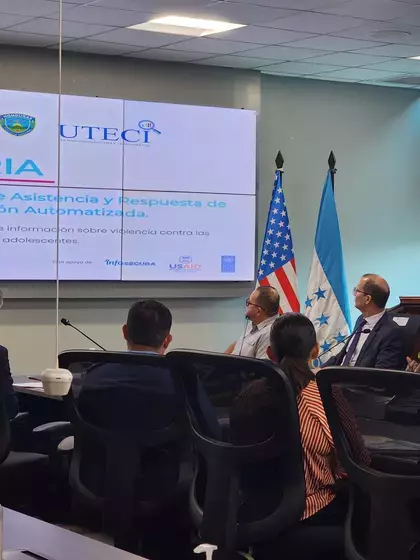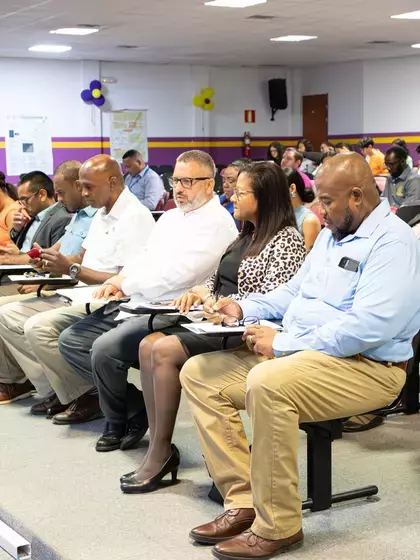Judicial Branch launches innovative Judicial Statistics System

An innovative Judicial Statistics System was launched today by the Judicial Branch of Honduras through the Electronic Centre for Judicial Documentation (CEDIJ) and the InfoTechnology Directorship which will help generate statistical data on judicial management, providing information on the assistance provided, and on how quickly the justice system responds to citizen demands.
The System contains over one million records from 2017 to 2021, with information from 454 jurisdictional courts all around the country: Supreme Court of Justice chambers, appeals courts, sentencing courts, special courts, enforcement courts, courts of peace, mobile courts of peace motive and national judicial facilitator service. This information has all been systematized in a single repository and is available on the web portal: https://estadistica.poderjudicial.gob.hn which displays analysis according to different user requirements.
"Invaluable work has been done by the CEDIJ Statistics Unit and the InfoTechnology Directorship of the Judicial Branch with the support of the United Nations Development Programme (UNDP) and the United States Agency for International Development (USAID), through the InfoSegura Regional Project. Acknowledgement is due for the commitment and willingness to carry out this important project, which is highly functional and technical and contributes to making the guiding principles of Open Justice to which we are committed a reality, with transparency, participation and collaboration," highlighted presiding judge, Rolando Edgardo Argueta Pérez.
He added that the support of these aid organizations and the institutional work, "we can reach another goal in two cross-cutting areas of our Institutional Strategic Plan, namely effective judicial management and the use of new technologies. Our objective is to guarantee the rule of law, promote social peace and strengthen democracy," he explained.
Digital transformation
The Judicial Statistics System will enable the Judicial Branch to provide agile and expeditious response to internal and external statistical information requests. Using the data registry, it will be able to prepare periodic analyses, legal bulletins, reports per court for the evaluation of annual operational plans and strategic planning. In addition, it will be able to do the analysis of statistical information to offer transparent, agile and quality jurisdictional service.
"The digital transformation of public institutions is a powerful way to strengthen citizen access to services and their rights. UNDP has supported the Judicial Branch with technological tools to provide quality information in a timely manner to strengthen its management for a more accessible and expeditious justice," said Richard Barathe, UNDP Resident Representative in Honduras.
This system is another step in the process of innovation, digitization, sustainability, interoperability and improvement of the information management, through a participatory and collaborative process, contributing to making the Judicial Branch more accessible to citizens with the tools required for the justice administration system to respond to current challenges and add public value in the services it provides.
This year, UNDP InfoSegura Regional Project also supported the Judicial Branch in developing the Strategic Institutional Plan for 2022-2026, and provided assistance in digitizing this process, and in developing the Criminal Record Certificate electronic processing system.
This article was originally published on the UNDP Honduras website.





